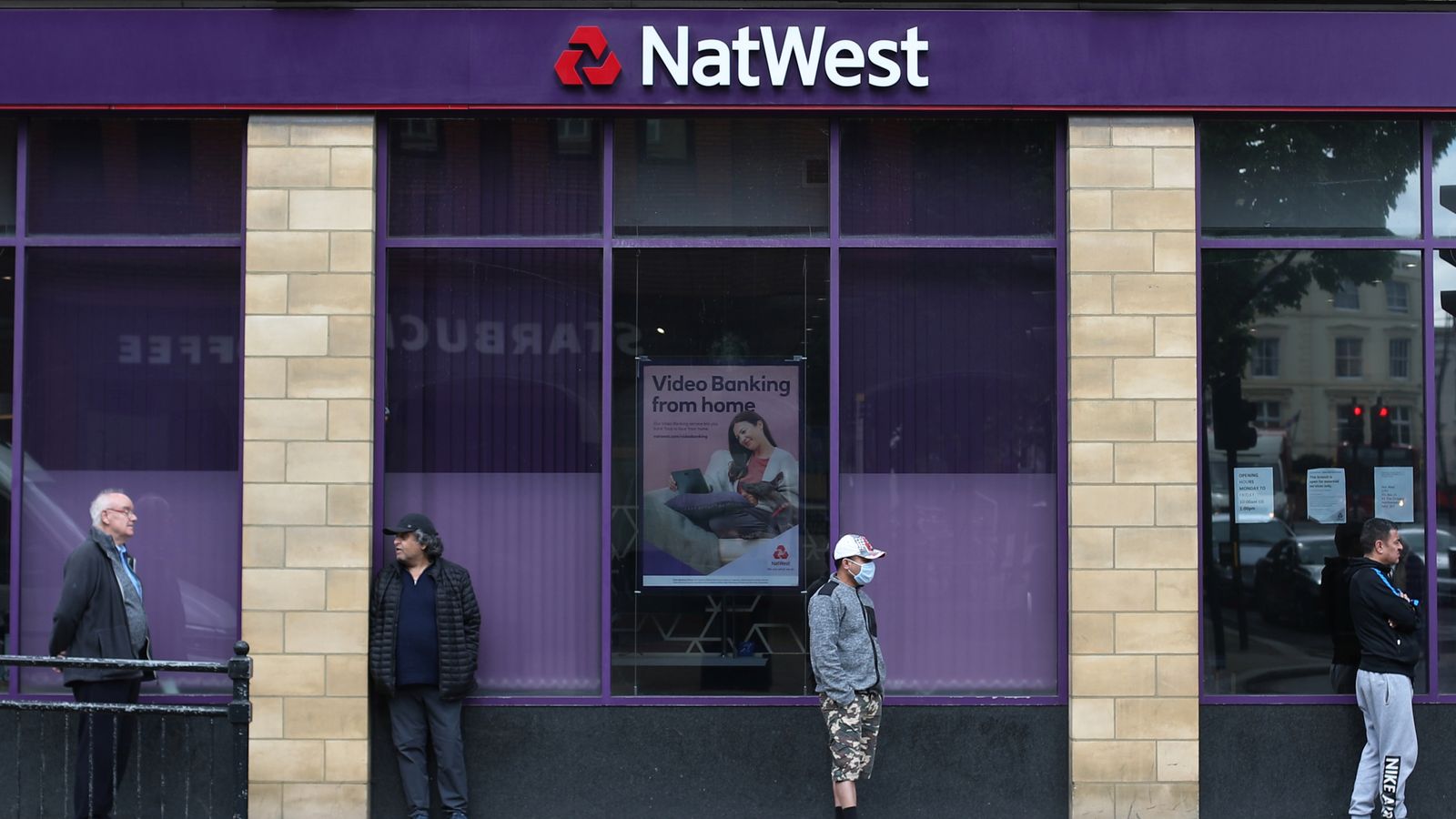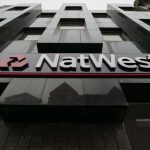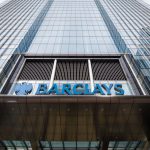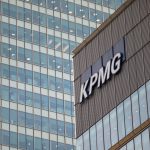NatWest has announced a £351m loss for the year, also announcing it will exit the Republic of Ireland.
The bank will wind down its under-performing Irish arm Ulster Bank, following a strategic review showing it would not achieve sustainable returns.
It will sell €4bn worth of loans to Allied Irish Banks as part of its withdrawal from the country and it also promised to ensure job losses were minimised.
NatWest’s business in Northern Ireland will be unaffected.
NatWest chief executive Alison Rose said: “Following an extensive review and despite the progress that has been made, it has become clear Ulster Bank will not be able to generate sustainable long-term returns for our shareholders.
“As a result, we are to begin a phased withdrawal from the Republic of Ireland over the coming years which will be undertaken with careful consideration of the impact on customers and our colleagues.”
The bank, formerly Royal Bank of Scotland, also told shareholders it will bring back its dividend, paying out £364m (a 3p per share dividend).
This comes a year after these payouts were paused when the regulators asked banks to hold on to cash for the coronavirus pandemic. The idea was to leave banks more money to lend to businesses to help them through the crisis.
The Treasury, which is still NatWest’s biggest owner after RBS was nationalised during the financial crisis, will be paid around £225m.
NatWest’s financial loss also came after it took a £3.2bn impairment charge for the year for loans it expects could fail – below the £3.5bn to £4.5bn range it had previously forecast.
Ms Rose said: “Despite reporting a loss for the year, NatWest Group delivered a resilient underlying performance in a challenging operating environment.
“The bank continued to grow in key areas such as mortgages and commercial lending and our balance sheet remains strong, with one of the highest capital ratios amongst our UK and European peers.
“We have today announced our intention to pay a final dividend whilst reaffirming our commitment to regular capital returns for shareholders in the future.”






















